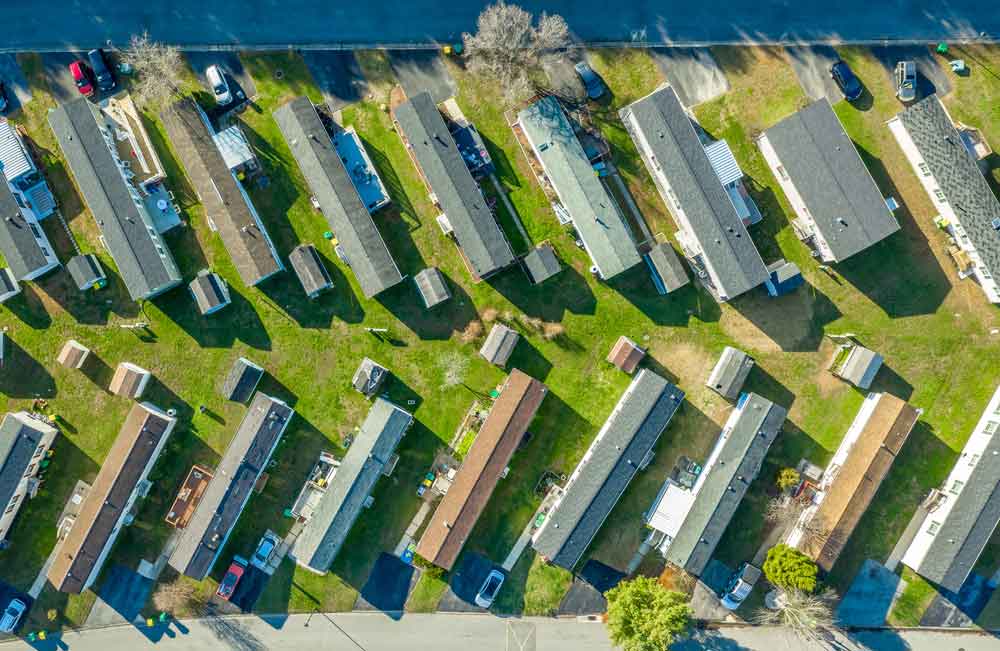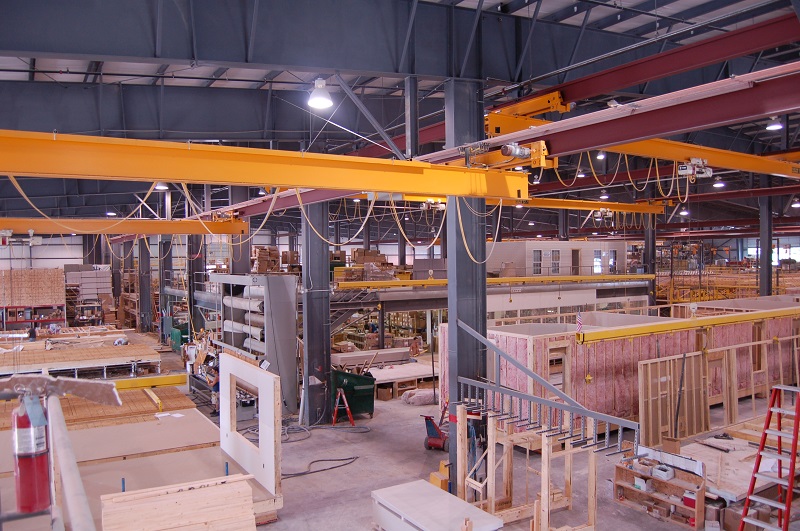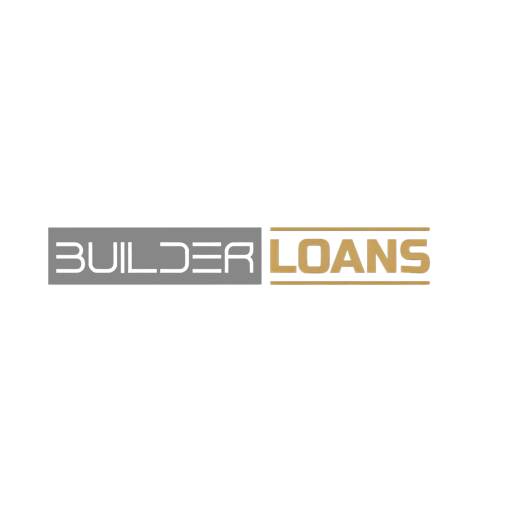Mobile homes offer a unique blend of affordability and flexibility, making them a preferred choice for many homeowners. As an alternative to traditional housing, they promise a simpler lifestyle without compromising on comfort. With the rise in their popularity, more people are gravitating towards mobile home parks to experience a sense of community while enjoying the perks of mobile living. Whether it’s the cost-effectiveness or the communal vibes, the appeal of mobile homes in parks is certainly on the rise.
Understanding Mobile Homes and Parks
A mobile home, unlike the brick-and-mortar houses, is a pre-fabricated residence that’s built off-site and transported to its location. These homes are designed for easy relocation, though many remain in one place after being set up.
Mobile homes come in various shapes and sizes. The most common types include:
- Single wide: A narrower structure that’s typically more affordable.
- Double wide: Spacious and looks more like traditional homes, as two sections are joined together.
Mobile home parks serve as community grounds for these homes. Residents own their homes but often lease the land. These parks often provide amenities like shared playgrounds, swimming pools, and community centers. The shared spaces and close-knit setup foster a strong sense of community, setting them apart from conventional neighborhoods.
Advantages of Living in a Mobile Home Park
Choosing a mobile home park can be a smart move for many reasons:
Budget-Friendly: It’s often cheaper than buying a traditional home. You get to enjoy homeownership without the hefty price tag.
Close-Knit Bonds: The park layout promotes neighbor interactions. It’s easy to form lasting friendships and enjoy group activities.
Added Perks: Many parks offer amenities. Think swimming pools, clubhouses, and playgrounds. Some even provide maintenance services or community events.
Stay or Go: Own your home, but keep the option to relocate. If life calls for a change, your home can come with you. It’s a balance of stability and flexibility.
Steps to Buy a Mobile Home in a Park

1. Picking the Right Park
- Location Matters: Think about work, school, and amenities. Is it close to what you need?
- What’s Offered: Pools? Playgrounds? Check what the park provides.
- Know the Rules: Every park has its guidelines. Read them first to ensure a good fit.
2. Checking Out Homes
- Get a Pro: Always have a professional inspect before buying. It’s worth it.
- Eye the Details: Look at the home’s age, any wear and tear, and if it’s been upgraded.
3. Getting the Money Ready
- Different Loans: Mobile homes often have special loan options. Know the differences.
- Find a Lender: Some banks or lenders specialize in mobile home loans. Choose wisely.
4. Sealing the Deal
- Haggle Smartly: Negotiate for the best price. Every dollar counts.
- Paper Time: Fill out all needed forms. This step makes it official.
- Park Approval: Make sure the park accepts new residents. Get their okay.
5. Setting Up Home
- Switch On: Move your water, lights, and web services. Some parks might help with this step.
Understanding Lot Rent and Other Costs
1. Home vs. Lot: Know the Difference
- When you buy a mobile home, you own the structure.
- But in a park, you usually rent the land where it sits. This is called lot rent.
2. Average Lot Rent and What’s Covered
- The cost of lot rent varies widely by location and park amenities.
- Lot rent often includes services like garbage collection, park maintenance, and sometimes even water and sewer.
3. Additional Expenses to Consider
- Maintenance: You’re responsible for your home’s upkeep, so budget for repairs and improvements.
- HOA Fees: Some parks have Homeowners’ Associations with monthly fees to cover communal facilities and upkeep.
Understanding these costs is crucial for managing your budget in a mobile home park.
Benefits of Owning vs. Renting in a Park

Equity Building
- When you own a mobile home in a park, you’re building equity over time. It’s like putting money into a savings account. Unlike renting, where your payments don’t lead to ownership, each month’s lot rent and mortgage payment add to the value of your asset.
Customization and Renovation
- Owning your mobile home allows you to personalize it to your taste. You can renovate, upgrade, and modify your space to suit your preferences. This level of control isn’t typically possible when renting.
Stability of Ownership
- Ownership provides stability. You won’t face the uncertainty of lease renewals or rent increases. You have control over your home and can stay in the park as long as you adhere to park rules and regulations.
Owning a mobile home in a park offers financial benefits, customization options, and a sense of stability that renting can’t match.
Potential Challenges and Solutions
Park Rules and Restrictions
Challenge: Each park has its set of rules and regulations that residents must follow, which can sometimes feel restrictive.
Solution: Thoroughly review the park rules before moving in. Ensure you’re comfortable with them. If you encounter issues, communicate with park management or seek assistance from legal professionals.
Selling a Mobile Home in the Future
Challenge: Selling a mobile home in a park can be more complex than selling a traditional house.
Solution: Keep your home in good condition, as well-maintained homes often sell faster. Utilize online platforms, real estate agents, and local mobile home dealers to market your home effectively. Be patient and prepared for the selling process to take some time.
Dealing with Park Management
Challenge: Interactions with park management can sometimes be challenging, especially when addressing concerns or disputes.
Solution: Maintain open communication with park management. Address any issues politely and professionally. Document your conversations and concerns in writing to keep a record. If problems persist, consider seeking mediation or legal advice to resolve disputes.
Conclusion
Embarking on the journey to how to buy a mobile home in park is no small feat. As we’ve delved into the nuances of this process, the recurring theme has been the undeniable value of research and understanding. Let’s take a moment to reflect on what we’ve covered and the importance of each step.
From the very outset, recognizing the growing popularity and benefits of mobile home living sets the stage. These homes offer affordability, community vibes, and often, a simpler lifestyle. But, as with any significant decision, it’s not without its considerations.
Each step – from the initial research, budgeting, and visiting homes, to understanding park rules and regulations – carries its weight in the decision-making process. Inspections ensure that your dream home is not just visually appealing but structurally sound. Negotiations and final purchases further emphasize the need to remain informed and proactive.
But perhaps the most crucial takeaway is this: every mobile home park and every mobile home has its unique character. The key is to find a match that resonates with your lifestyle, values, and future aspirations. Weighing the pros and cons, familiarizing yourself with rules, and ensuring your comfort within the community are all steps towards making an informed decision.





